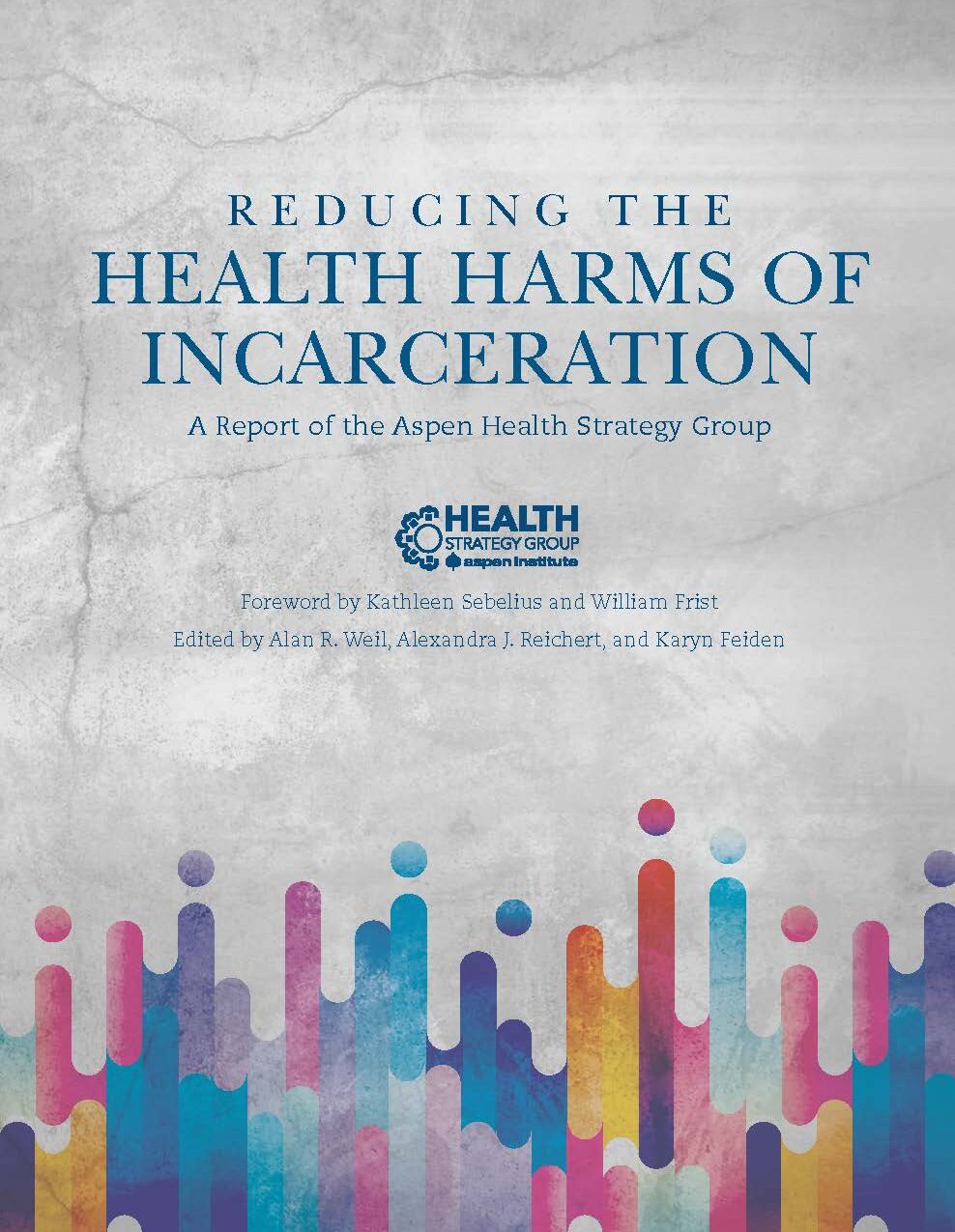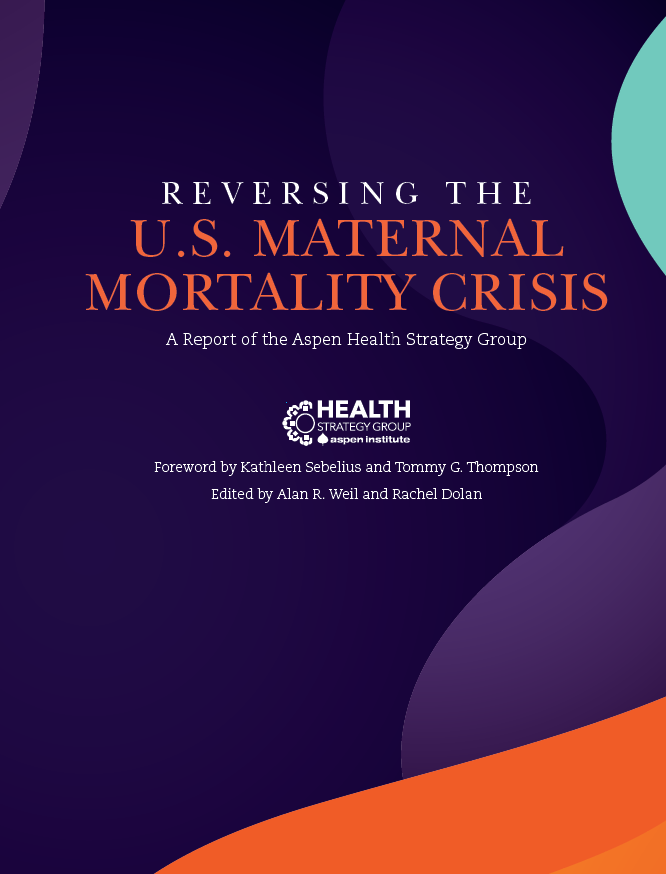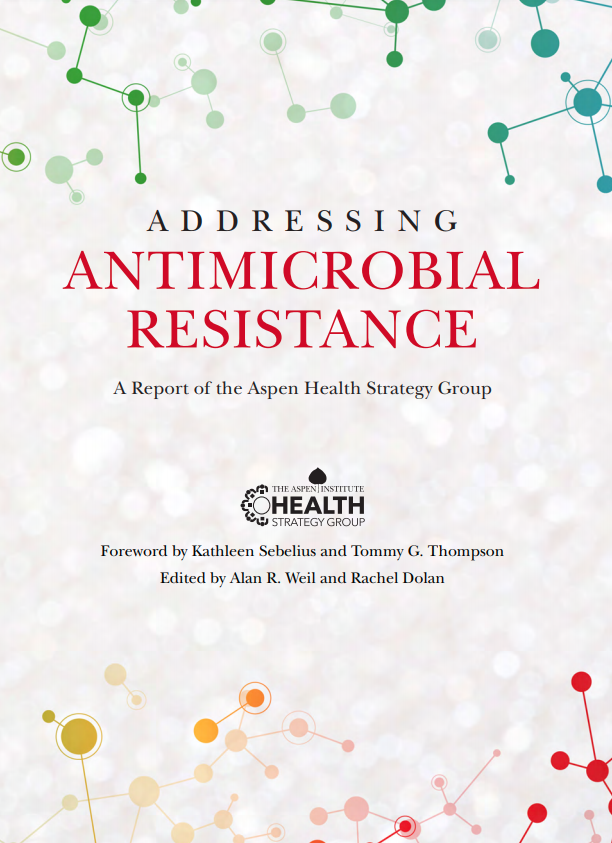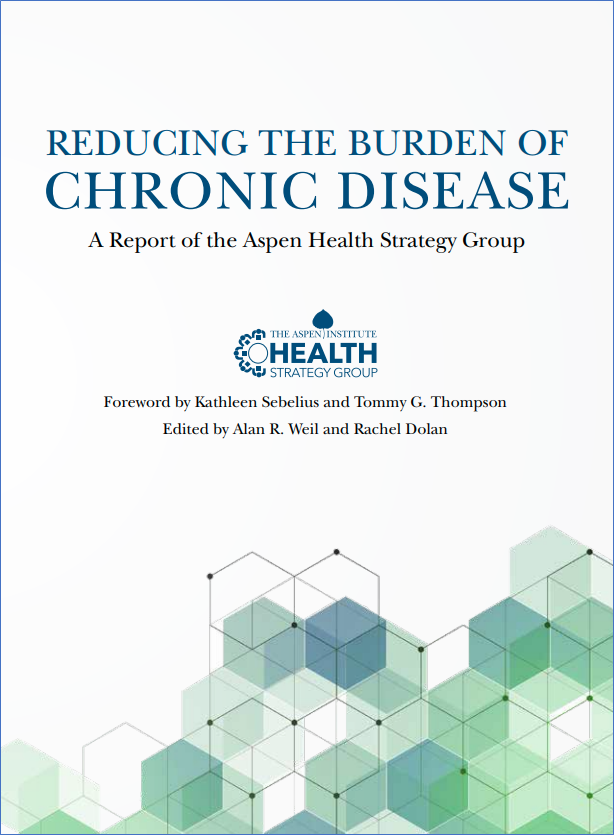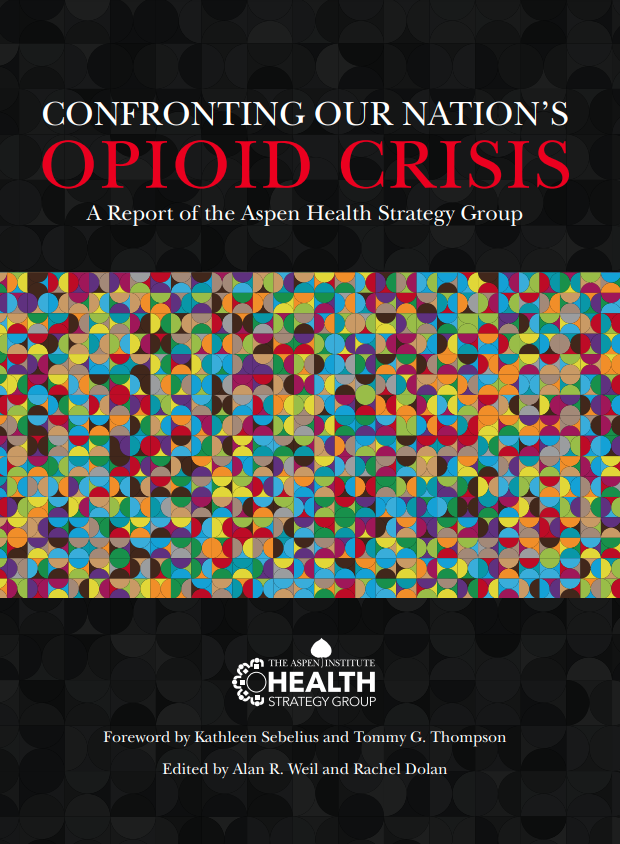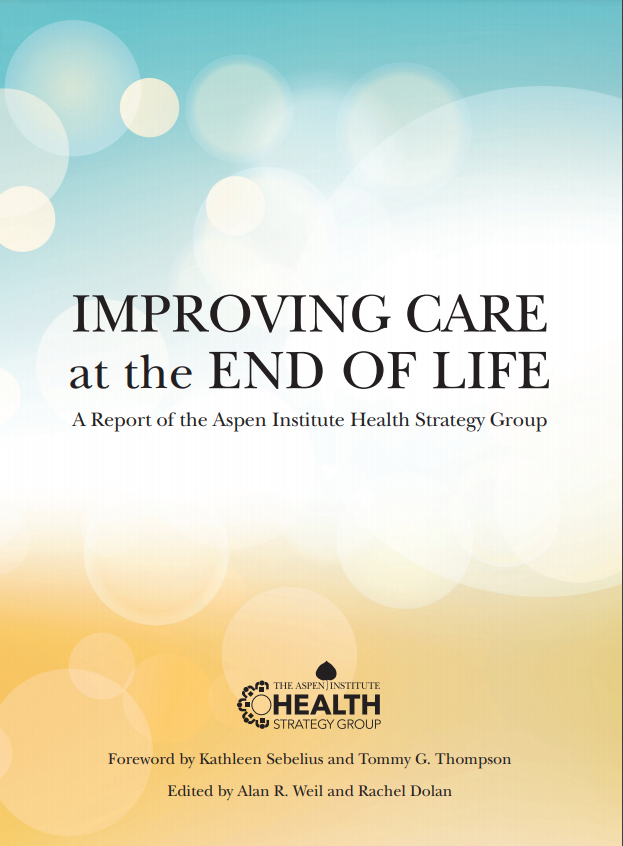
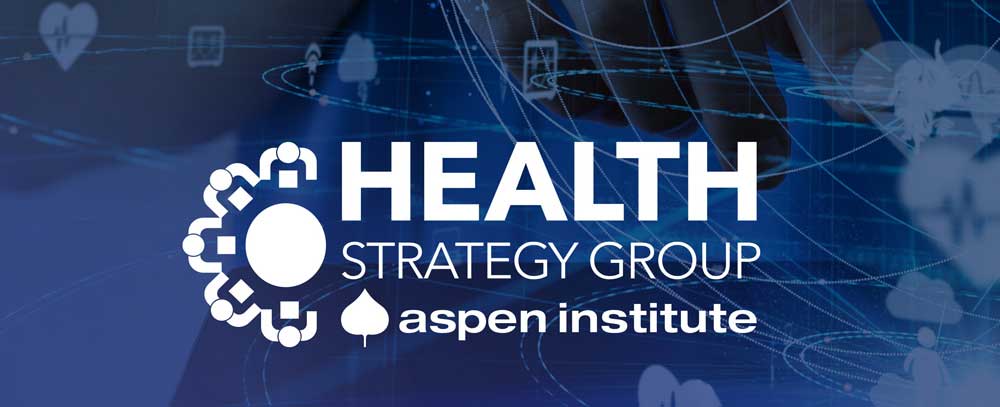
Each year, the AHSG tackles a single health issue through a year-long, in-depth study. To lay the groundwork for informed dialogue, experts are commissioned to write briefing papers that frame each topic from many angles. AHSG members then convene at the Aspen Institute’s Colorado campus for two days of intensive learning and vigorous discussion and ultimately select five big ideas, accompanied by action steps, to drive meaningful change. Their findings and recommendations are packaged as an illustrated report that is widely disseminated to policymakers and other influencers.
